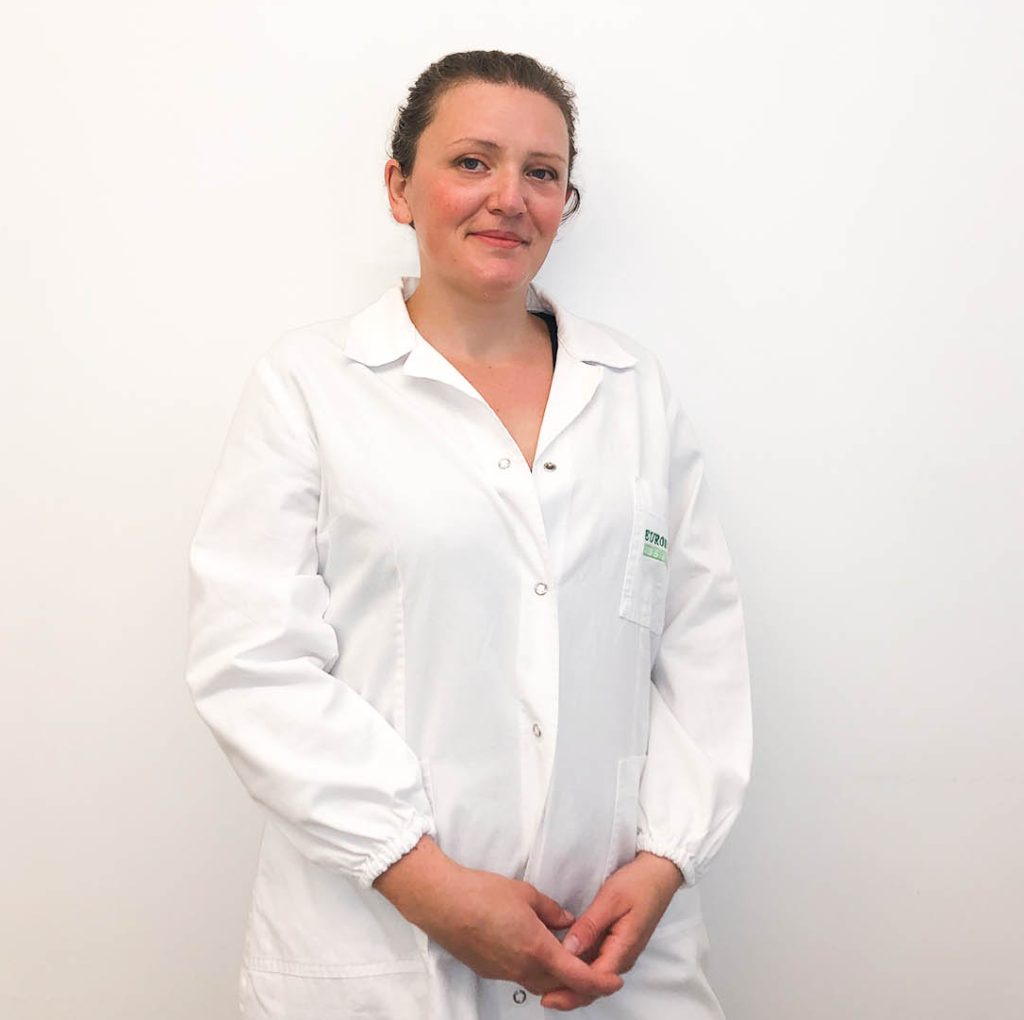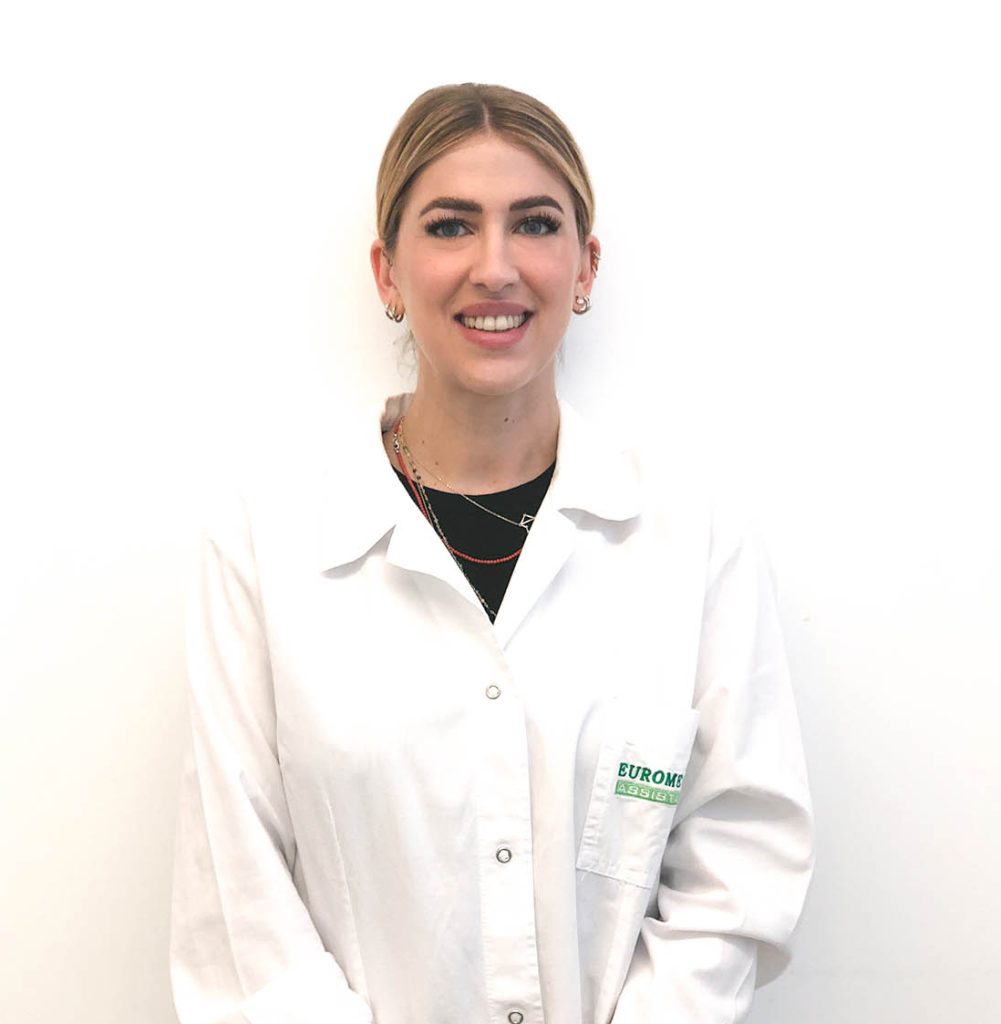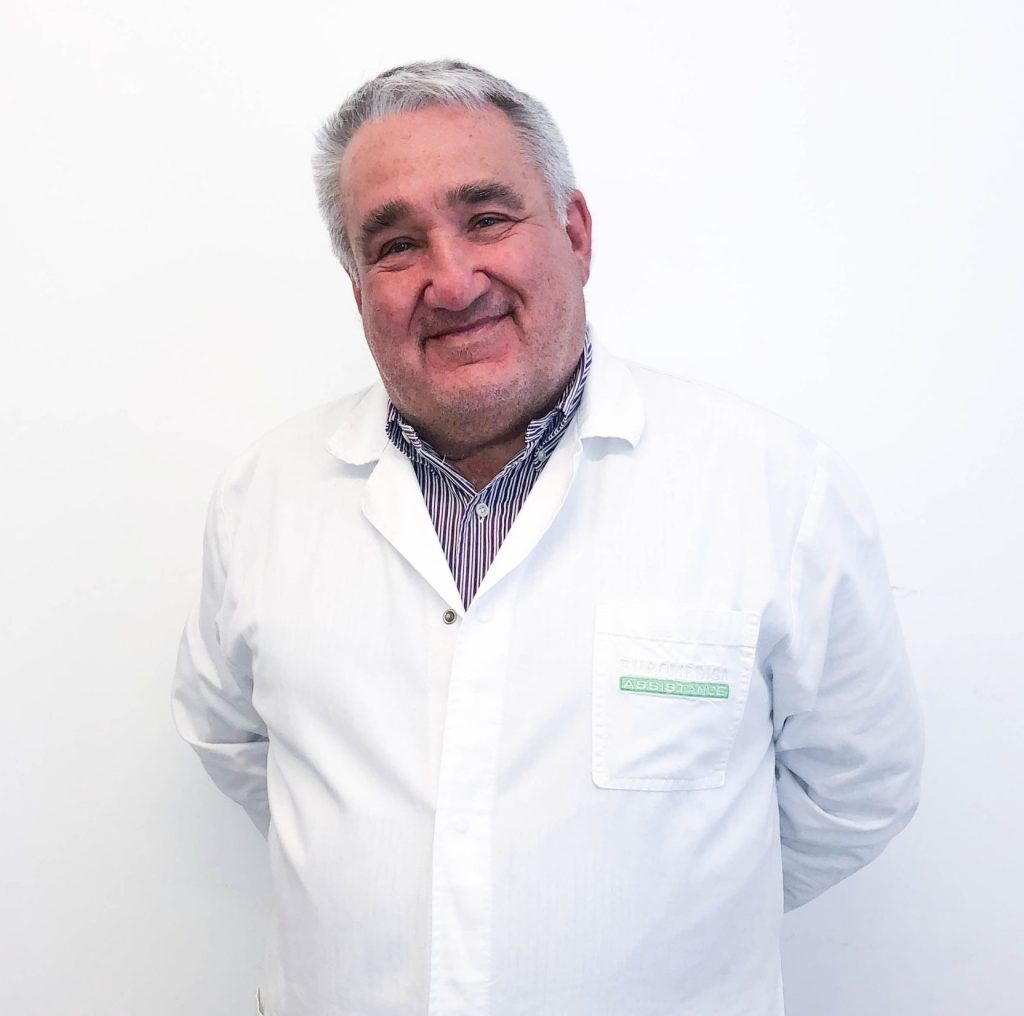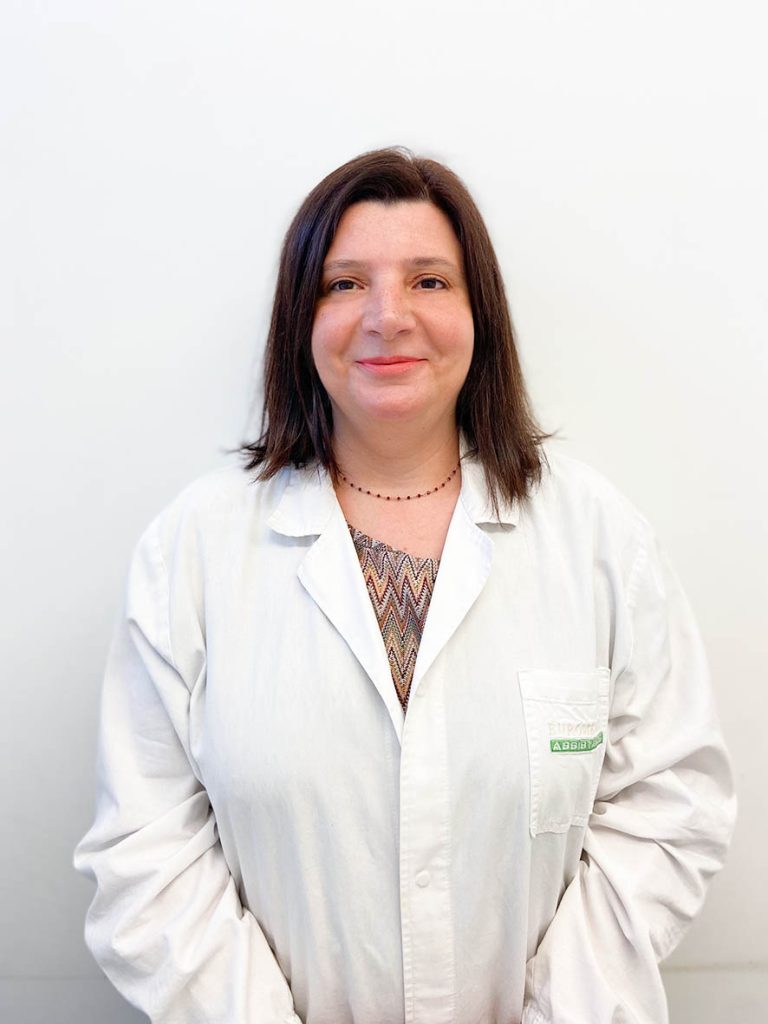The study of the pathologies and physiology of the female reproductive system are the object of study of a specific branch of Medicine: Gynecology and Obstetrics.
The gynecologist is the Specialist Physician to whom to turn for gynecological checkups or during the period of the pregnancy. An important difference with physicians specializing in other branches of Medicine lies in the fact that the consultation with a gynecologist is feasible and recommended at all times, not only in the presence of overt disease or illness.
Given the potential breadth of conditions that can affect a woman’s reproductive system, the gynecologist has a tendency to collaborate with several specialists.
A Gynecological examination is recommended for: Assess the health status of the woman’s genital system, Choose the most suitable method of contraception (birth control pill, hormonal and non-hormonal IUD, vaginal ring, patch, subcutaneous implant), Investigate suspected infertility in the woman and resulting difficulty in conception, find any pelvic floor problems (urinary incontinence, genital prolapse, chronic pelvic pain), choose the transition mode during the perimenopausal phase of the woman (the period before menopause), follow the woman’s During and after pregnancy.
Transvaginal ultrasonography is a diagnostic examination in which the transmission of ultrasound beams striking tissue allows the creation of an image. Thus, it is a noninvasive examination in that no radiation is used to perform ultrasound scans, which is why it is favored as a first-level diagnostic imaging examination.
The Pap test is a cytological examination, which is a laboratory test that, through the analysis of cervical cells, allows early detection of possible cervical cancer formation. It is recommended to have a Pap test from the age of 25 onward, every 3 years .
The cell sample needed for analysis (pap test), is taken directly from the patient’s cervix after dilating the vagina with a disposable speculum. In order for the Pap test to be as reliable as possible, it is recommended: to avoid having sexual intercourse in the 24 hours prior to the pap test, not to perform vaginal douches and not to insert vaginal eggs as well as spermicidal products/creams/foams into the vagina in the 48 hours prior, to undergo the test at least 5 days before or after the menstrual cycle, and not to have blood loss when the pap test is performed.
The analysis of the sample of cells taken during the Pap test can be of two types: Traditional or liquid phase (thin-prep). A positive Pap test result does not necessarily imply the possibility that cervical cancer is developing but rather implies the presence of abnormal cells, the nature of which must be investigated with further follow-up examinations such as colposcopy and cervical biopsy.























